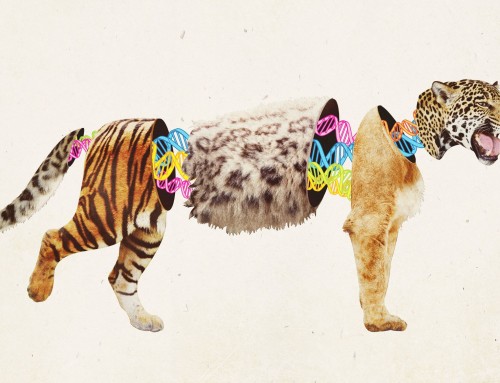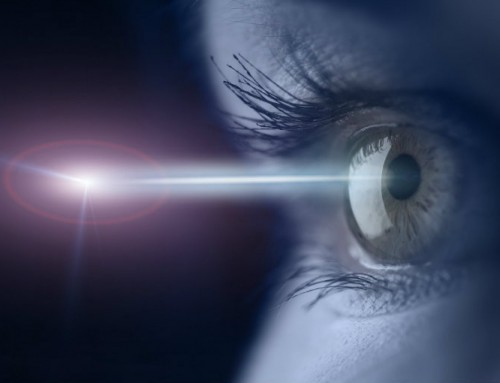The “God of the gaps” argument has one distinct advantage; there are a lot of gaps. The philosophy suggests that God must exist because we cannot explain every gap in scientific understanding. However, the term is more often referred to as a logical fallacy by the opponents to intelligent design rather than a consciously employed argument by creationists. In fact, those that begrudgingly invoke the argument would most likely resent its label. But still the thinking persists.
According to this theological perspective, the moments of controversy that science cannot explain are proof of a divine being. Essentially, our lack of natural understanding is due to God intervening supernaturally. God sparked life into existence from a soup of amino acids, God is the explanation for the “missing links” in evolution, or God broke down the laws of physics to allow for the big bang. However; in even firmer contradiction to modern science, the argument could even state that because there are so many gaps in understanding, the whole scientific model must be flawed.
The Problem?: every gap that is filled would shrink an eternal creator…
But what happens when one of these gaps is explained? What happens when all of them are explained? We will most likely never understand everything, but is it wise to set up an argument that holds so much weight in science failing? This seems destructive for both religion and science. If God really did create all the universe, why could he not operate within its laws? That might be more fitting for an unchanging God of order and justice. Conceding that God could just as easily work within the laws of nature allows for more religions to join in the scientific process to learn more about our world.
Although, simply because the “God of the gaps” argument is ill constructed, the absence of a creator is not obvious. The truth is that science does lack certainty. It would be just as absurd to conclude that due to our scientific knowledge we need not have a creator. Science does have gaps. We might know how matter interacts but we still have little insight as to what matter is in actuality. We might understand how the brain is networked but we have no idea how consciousness arrises.
It seems that every answer we have leads to a hundred new questions. But even if we were able to bridge all these gaps, religion would still ask the proverbial question of “why?”
Perhaps, we should simply let science inform faith because science requires faith to flourish. That faith might be in an ordered universe, it might be that we can achieve great things, or simply that the universe is understandable .
The truth is that we all have faith in something, because this world is full of uncertainty.
Here s a list of my favorite “Gaps”:
1. Dark Energy/ Dark Matter: Theorized to account for the excess gravity seen in far away galaxies. Current research could either confirm its existence or reveal a lack of understanding of the rules of gravity.
2. Life: We have never witnesses random amino acids and nucleotides arrange into a self replicating organism. This might be a matter of time, luck, and patience or it might require something else.
3. Consciousness: How does something as tangible as matter give rise to something as intangible as consciousness?
4. Matter: What is matter at the smallest level? To physicists its simply a value in an equation or a probability. But is this matter real or simply mathematical? Is there actually some “thing” there or do we live in some sort of math based video game?
5. Extraterrestrials: Does life exist on other planets or in other galaxies? If so, are they also sentient and conscious beings like ourselves?
6. The Big Bang: How did the laws of physics break down to allow for the initial expansion from nothing? The force of gravity is thought to be too strong at the very beginning for the universe to expand from a singularity.








Leave A Comment